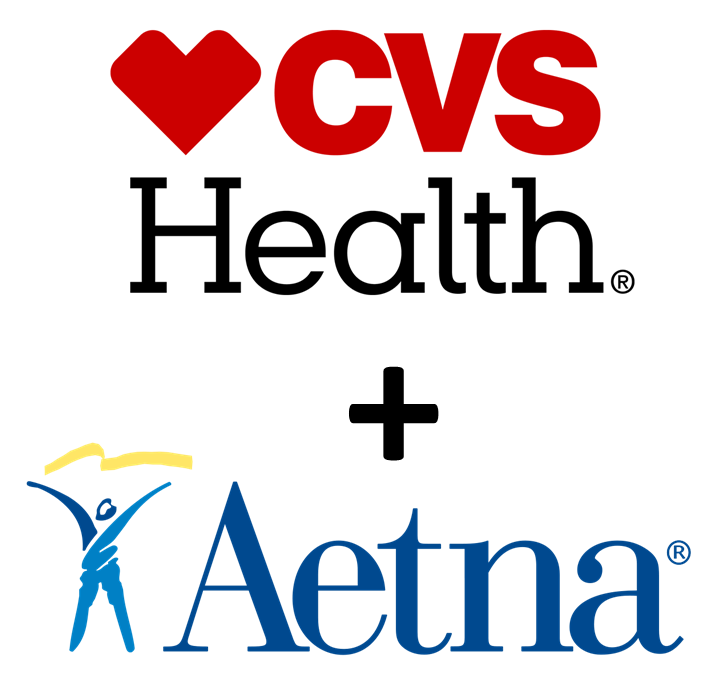CVS & Aetna Merger: What Does it Mean for Patients
Recently, the announcement of the near completed $69 billion merger between pharmacy retailer CVS and insurance giant Aetna, has created large shockwaves through the healthcare industry. With this merger, the largest national pharmacy chain (CVS) and the third largest health insurer (Aetna) would combine to take a large market share as well as create a one-stop shop model as patients who had Aetna insurance would most likely only visit CVS pharmacies for their medication needs. So, what does this mean for the consumer? Nearly 70% of prescriptions are filled by three entities: Express Scripts, CVS Caremark and Optum RX. In addition, CVS owns many urgent care “minute clinics” within their retail locations as well as s pecialty pharmacies and outpatient clinics. Patients who have Aetna insurance will be encouraged to visit only CVS locations. In addition, to steer patients to continue to use only their business, oftentimes traditional Medicare plans may no longer be covered as they will want as many patients as possible to acquire plans that specifically benefit CVS/Aetna.
pecialty pharmacies and outpatient clinics. Patients who have Aetna insurance will be encouraged to visit only CVS locations. In addition, to steer patients to continue to use only their business, oftentimes traditional Medicare plans may no longer be covered as they will want as many patients as possible to acquire plans that specifically benefit CVS/Aetna.
The marketplace no longer becomes competitive and there are fewer options for patients to choose from. With less options, there is a chance that patients could see higher insurance premiums as well. Just like in any market, the more options that patients have the better the pricing. After CVS took over Target Pharmacy, the price of a certain generic prescription jumped from $45 to $241. In addition, CVS Caremark would cut payment rates to smaller independent pharmacies which would force more of these pharmacies to either stop taking these patients altogether or limit the number of patients they could help. So, patients who have been going to the same pharmacy for years, may have to relocate to another pharmacy for their needs. This can be especially problematic for many senior patients who are more inclined to want to stay with familiar caregivers and health care professionals. Many patients who are reliant on the familiarity of their healthcare team can often have problems with compliance to medications as well as comfort level with their providers. They may not ask important questions about medications or communicate issues that they may be dealing with such as side effects, high costs, etc. Many doctors are also concerned that patients will be forced to choose other physicians if they are not already within the approved network. It is possible that patients who are in network with CVS/Aetna could experience cost savings through a sort of “cost bundle” approach, which means if patients acquire the insurance, see approved doctors and fill prescriptions at CVS pharmacies. However even that can be dependent on the competitiveness actual insurance market. So even in that case, cost savings is more of a hope instead of a guarantee. Although the pending merger will be a great boon for the 2 companies, it is important that patients be aware of how it may impact them.
